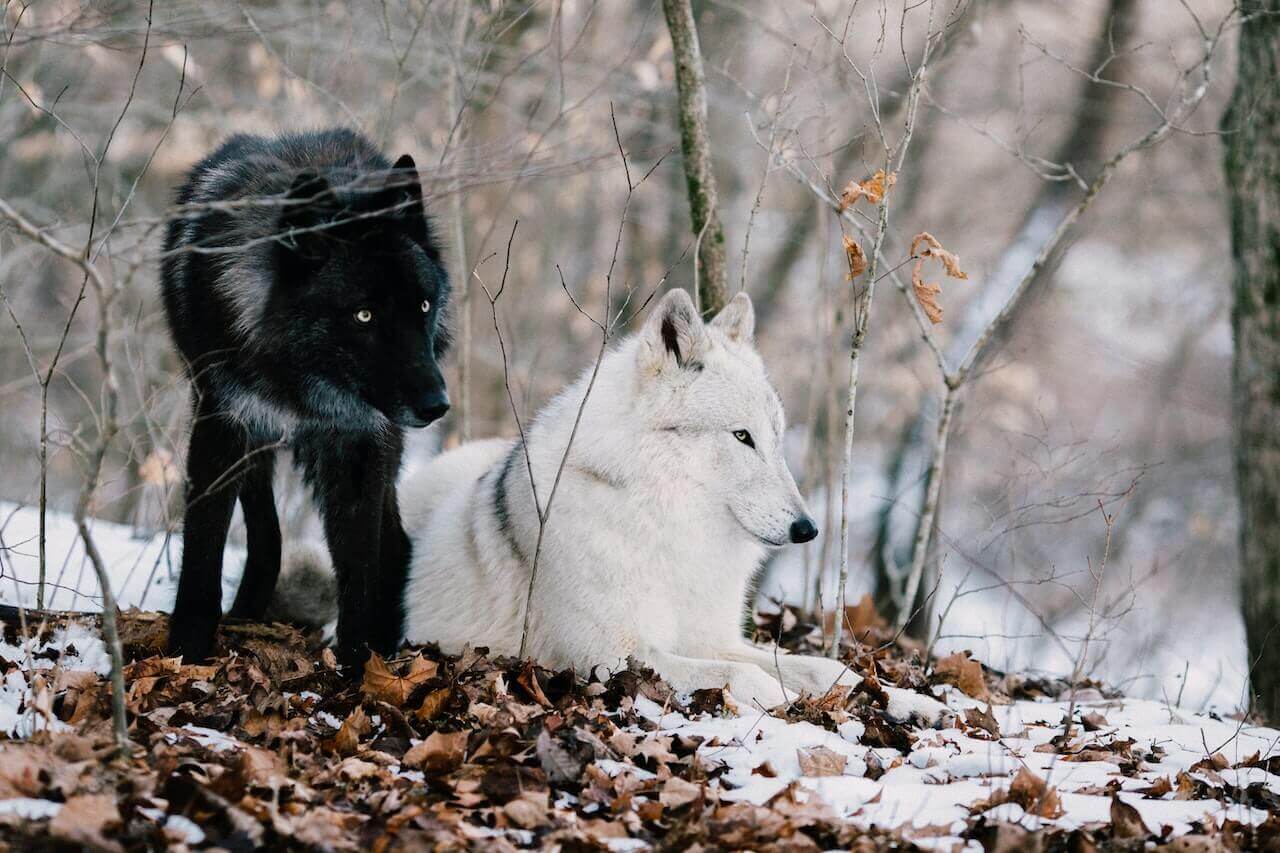In recent years, the question of whether wolves inhabit the state of Georgia has garnered significant attention. With the internet serving as a vast source of information, it’s crucial to address this query comprehensively, backed by factual evidence and expert insights. In this article, we delve into the matter of wolves in Georgia, shedding light on their historical presence, current status, and the impact they may have on the local ecosystem.
Historical Perspective: Wolves in Georgia
To understand the current status of wolves in Georgia, it’s essential to examine their historical presence in the region. Historically, gray wolves (Canis lupus) were native to Georgia, as they were to many parts of North America. These magnificent creatures played a vital role in the ecosystem, helping to regulate prey populations and maintain the balance of nature.
However, as European settlers expanded westward, conflicts arose between humans and wolves. Perceived as threats to livestock and safety, wolves faced intense persecution. By the early 20th century, the gray wolf had been virtually eradicated from the southeastern United States, including Georgia.
The Road to Recovery: Reintroduction Efforts
In recent decades, there has been a growing interest in wolf conservation and reintroduction programs across the United States. While wolves were extirpated from Georgia, neighbouring states like North Carolina and Tennessee have witnessed efforts to bring them back to their natural habitats.
However, it’s important to note that as of the time of writing this article, there have been no official wolf reintroduction programs in Georgia. The state has not been a focus for wolf recovery initiatives, primarily due to the significant urbanization and limited suitable habitat.
Unconfirmed Sightings: Wolves in Georgia Today
Despite the absence of official reintroduction programs, reports of wolf sightings in Georgia occasionally surface. These sightings often fuel speculation and curiosity among residents and wildlife enthusiasts. While some of these claims may indeed involve wolves, they are often challenging to verify due to the presence of similar-looking canids like coyotes.
Coyotes, though distinct from wolves, share certain physical characteristics that can lead to confusion. They are more adaptable to urban environments and have expanded their range in the southeastern United States, including Georgia. Consequently, many reported wolf sightings may, in fact, be coyotes.
Ecosystem Impact: The Role of Predators
Understanding the potential presence of wolves or coyotes in Georgia is not only a matter of curiosity but also has ecological implications. Apex predators like wolves play a critical role in maintaining the health of ecosystems. They help control prey populations, preventing overgrazing and promoting biodiversity.
In the absence of apex predators, herbivore populations can surge, leading to habitat degradation and a decrease in plant diversity. Therefore, even the possibility of wolves in Georgia should be carefully considered in terms of their potential to restore ecological balance.
The Importance of Responsible Reporting
Given the complexities surrounding wolf sightings in Georgia, it is crucial for individuals and media outlets to exercise responsibility in reporting such occurrences. Misidentification of species can lead to misinformation and unnecessary fear among the public.
If you encounter a large canid or believe you have spotted a wolf in Georgia, consider reporting it to local wildlife authorities. Experts can help verify the species and take appropriate action if necessary. Responsible reporting is essential for both public safety and wildlife conservation efforts.
Conclusion: The Enigmatic Presence of Wolves
In conclusion, the question of whether there are wolves in Georgia remains enigmatic. While historical records indicate their presence in the state, there have been no official reintroduction efforts. Reports of wolf sightings should be approached with caution, as they may involve similar-looking canids like coyotes.
The potential for wolves to return to Georgia raises important questions about ecosystem health and balance. However, for now, it is essential to rely on verified information and responsible reporting to unravel the mystery of wolves in the Peach State.
FAQ’s for people asking about Wolves in Georgia
Q1: Are there official wolf reintroduction programs in Georgia?
A1: No, there are no official wolf reintroduction programs in Georgia.
Q2: What are the differences between wolves and coyotes?
A2: Wolves are larger apex predators, while coyotes are smaller and more adaptable to urban environments.
Q3: Why is responsible reporting of wolf sightings important?
A3: Responsible reporting prevents misinformation and supports public safety and wildlife conservation.
Q4: How do apex predators like wolves impact ecosystems?
A4: Apex predators regulate prey populations, maintain biodiversity, and prevent overgrazing.
Q5: Is there historical evidence of wolves in Georgia?
A5: Yes, historical records confirm the presence of wolves in Georgia, but they were eradicated in the early 20th century.
visit Scribble sage fore more.

